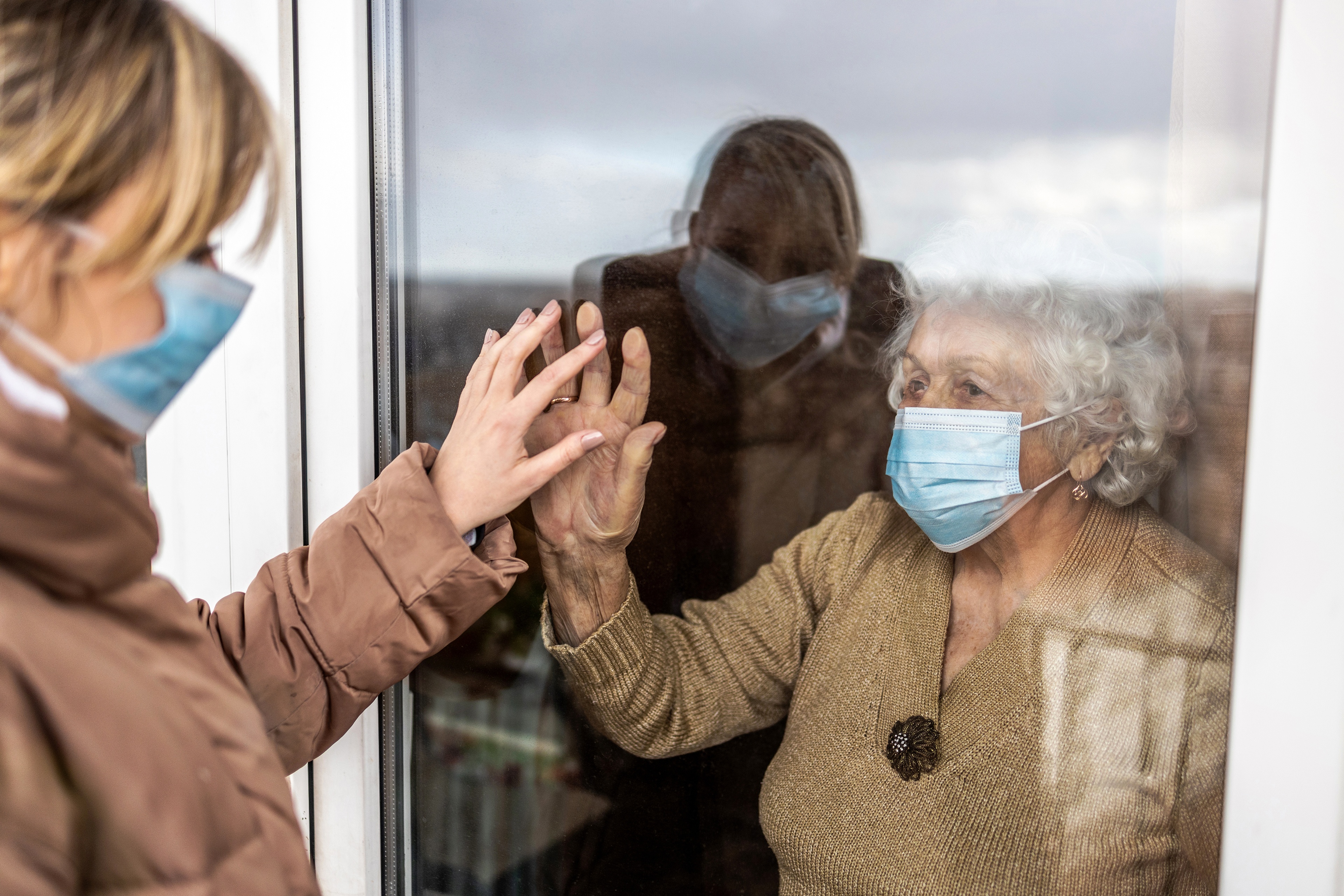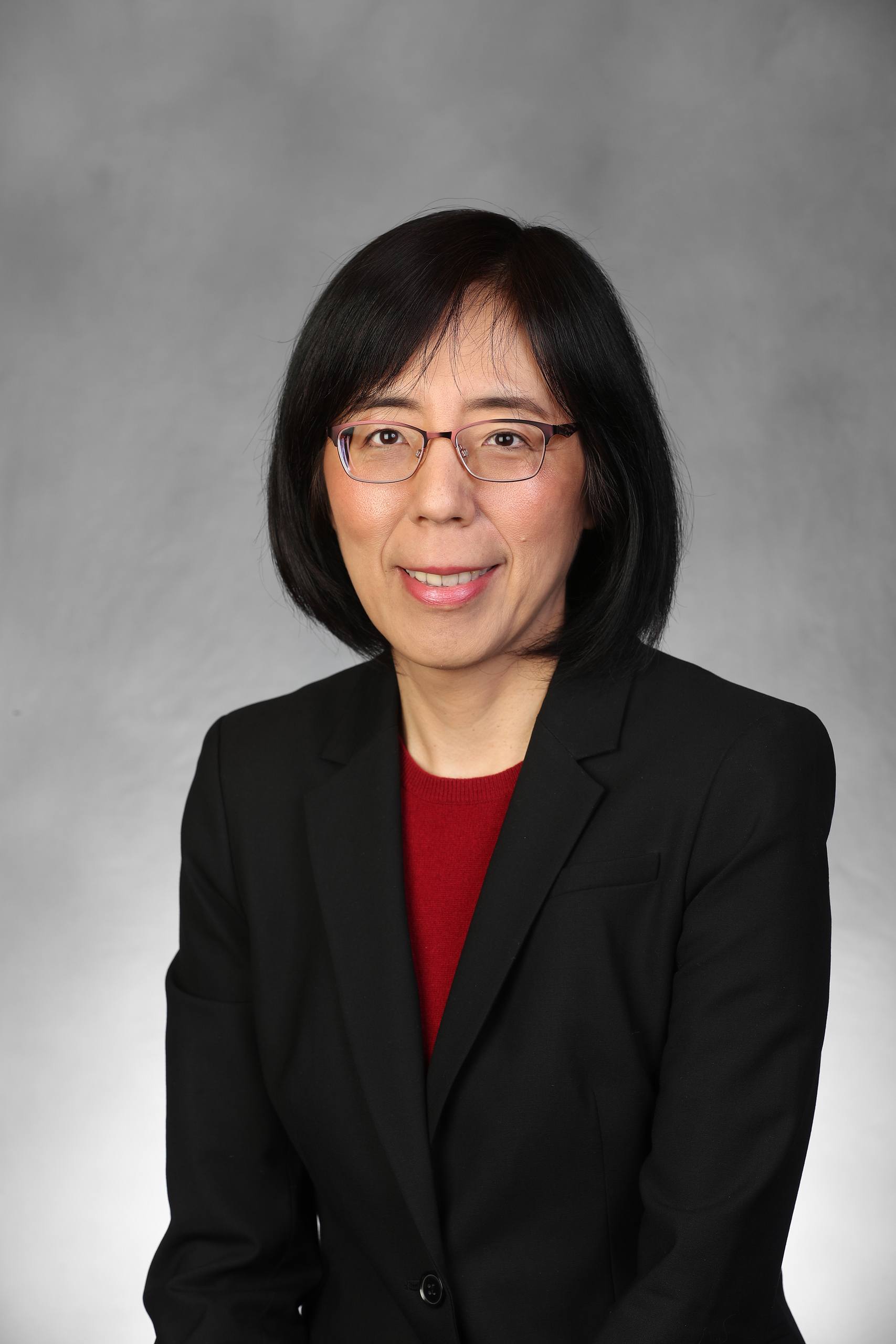
BGSU researcher studying generational impacts of COVID-19 as part of $2.2M National Institutes of Health study
Dr. I-Fen Lin and research team are looking at the role of family support during the pandemic

By Laren Kowalczyk ‘07
As the pandemic begins to take a back seat in the minds of many Americans, a Bowling Green State University sociology professor is joining four other university researchers to conduct a five-year, $2.2 million study on the generational health and economic impacts of COVID-19.
Dr. I-Fen Lin, whose expertise is in intergenerational relationships, is a co-investigator on the project funded by the National Institutes of Health (NIH) alongside researchers from Syracuse University, Duke University and the University of California, Los Angeles.
“Health disparities have long existed across race, gender and socioeconomic status,” Lin said. “This research will help us better understand how the pandemic exacerbated those disparities across generations of American families.”
The project is titled "Tracing the Health Consequences of Family Support During the COVID-19 Pandemic" and will rely on existing data from two nationally representative surveys. Dr. Emily Wiemers, associate professor and economist at Syracuse University, is leading the project that began in September 2022 and will continue through May 2027.
Lin and the team of interdisciplinary researchers, including three sociologists and two economists, will extract specific information from the survey and compile contextual data to provide a full-scale picture of American families' lives before, during and in the years following the pandemic.
The goal is to create a comprehensive database of how intergenerational assistance — the ability of one family member to provide time, money or housing to other family members — affected the health and economic outcomes of older adults during the pandemic.
“COVID impacted everyone differently, and the level of family support played a significant role in people’s experiences,” Lin said. “For example, if family members live close to one another, they may be able to help each other, whether with caregiving or grocery shopping.
“But, at the same time, if you live in the same area as family and COVID has severely hit that area, that could diminish your ability to help one another. In that instance, having family nearby is not necessarily a benefit.”
Lin said state and local COVID-19 policies and structural inequalities, such as local economic conditions and healthcare access, will be considered. Researchers also will look at the effects of public assistance on family support.
“When people received their stimulus checks from the government, did it increase family support or decrease it?” Lin asked.
Janecca Chin, who is pursuing a doctorate degree in sociology at BGSU, is assisting Lin with the research. She is coding and organizing data in collaboration with Wiemers' graduate assistants at Syracuse University.
“It’s exciting to be a part of such a large-scale research project and to see the intersection of sociologists and economists developing this holistic, robust research project,” Chin said.
Lin lauded the project’s contribution to the public good.
“There’s a lot we don’t know about the intersection of public policy and intergenerational transfer,” she said. “This study will provide insight into the impact of COVID on individual health and well-being and how family members’ responses to challenges during the pandemic affected that.”
Related Stories
Media Contact | Michael Bratton | mbratto@bgsu.edu | 419-372-6349
Updated: 02/14/2023 10:57AM




